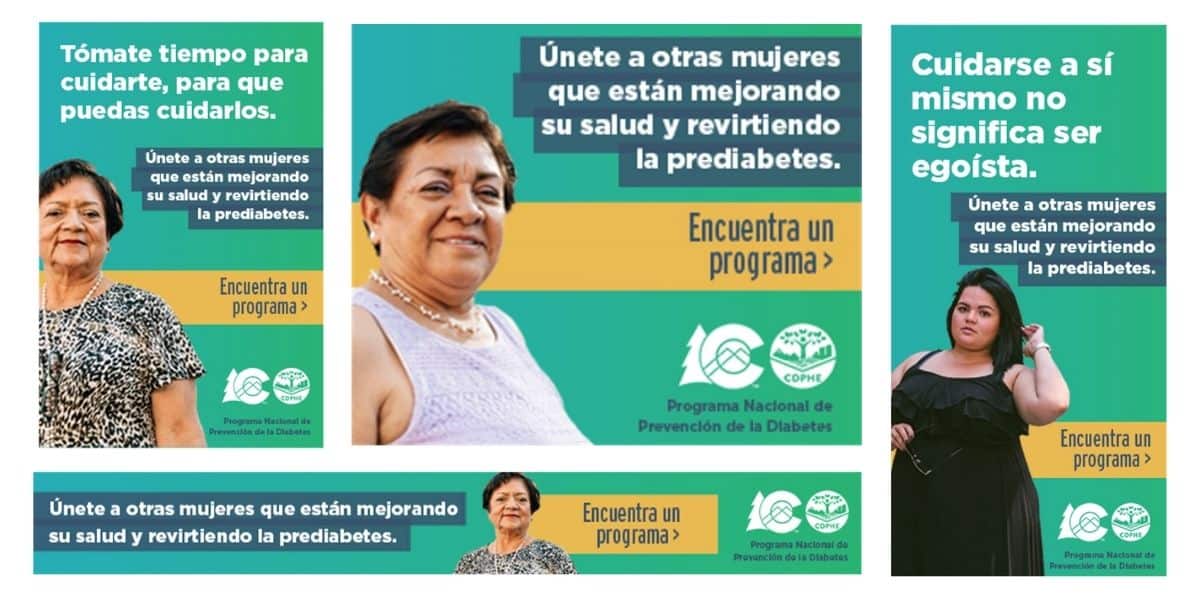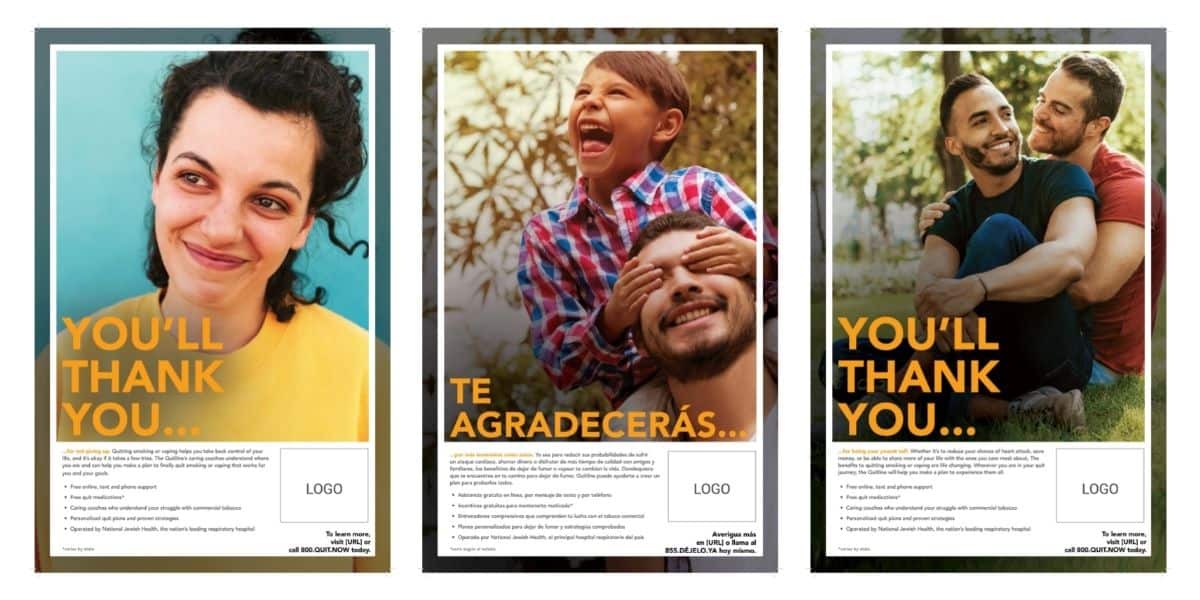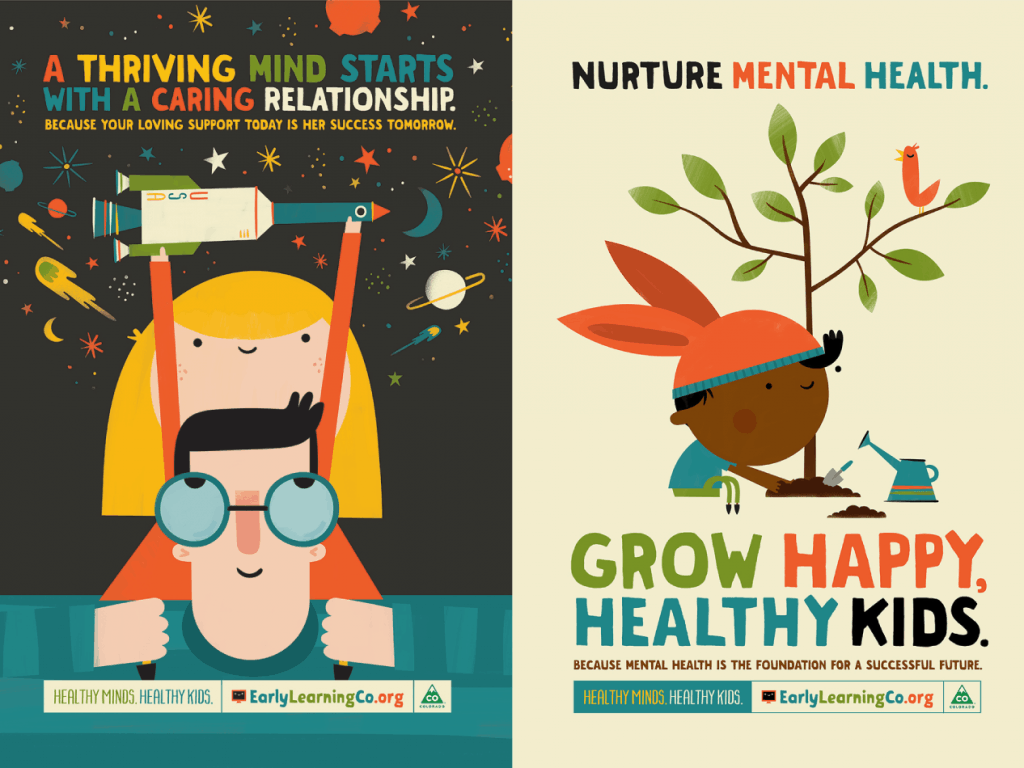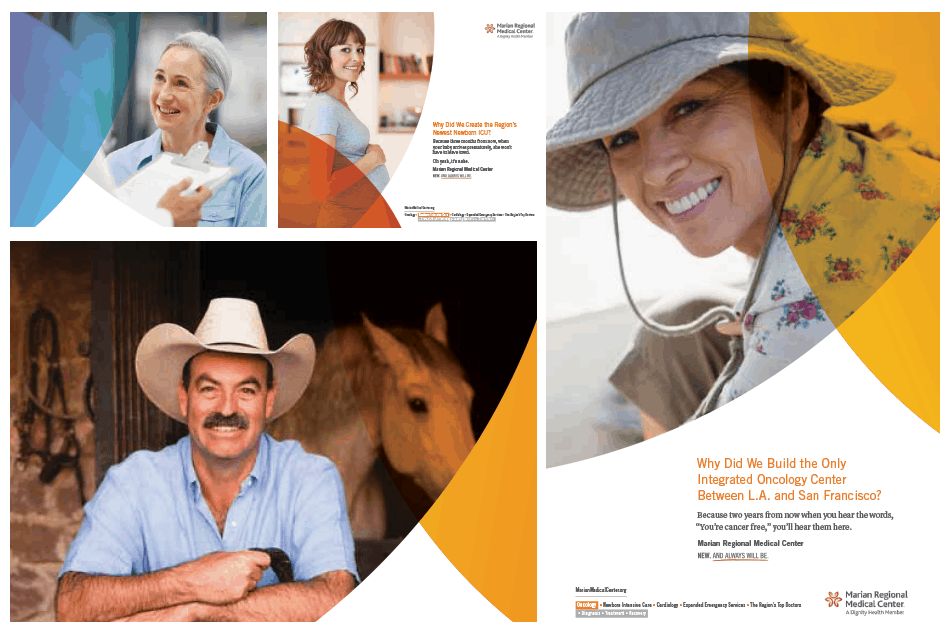Last week’s killing of conservative political commentator and activist Charlie Kirk is a tragedy – for his loved ones, of course, and for anyone who believes in the principle of being able to express their opinions without fear or retribution.
It was another in a string of attacks on political leaders in recent years but hopefully is a turning point for a country that surely now sees that something inside us is broken.
We can’t look at political leaders, pundits, or influencers to solve this problem. It’s something only we can fix – one relationship, interaction, and conversation at a time.
Seeing the humanity in others and approaching conversations with tolerance and a commitment to working together is what a bold new effort here in Colorado is all about. Belonging Colorado is focused on bringing Coloradans together across lines of difference – regardless of their race, political affiliation, income, or where we are from – to foster a greater sense of belonging in our state. Across Colorado, people are stepping up to lead locally based efforts to bridge differences and create belonging in their communities.
This unique, innovative statewide approach includes support for community-based organizations that are bringing people together to connect around shared interests and address shared challenges; funding for entrepreneurs to pioneer new ways to increase connection and belonging; and training and support for community-led leadership networks that are working to spread strategies for bridging differences. The initiative is made possible by a special fund at The Denver Foundation and supported with the expertise of the Greater Good Science Center, Colorado Health Institute (CHI), and Startup Colorado.
The Belonging Colorado project is based on research conducted by CHI that found that only about half of Coloradans feel a strong sense of belonging in their local community. According to the 2024 Colorado Belonging Barometer:
“While a majority of Coloradans reported belonging, there was a significant percentage who felt uncertain, at best, about whether they belonged in the state, community, workplace, and in their child’s school. Socioeconomic factors, such as education level and income, as well as people’s feelings about belonging, loneliness, and political ideology, are most often associated with whether someone feels they belong.”
The effects and benefits of belonging range from individual to community wide.
“An emerging body of research,” the CHI report says, “indicates that belonging is associated with better physical and mental health, greater workforce retention, increased trust in one’s neighbors and in local government, more openness to diversity and less fear of demographic change, and greater satisfaction with U.S. democracy.”
Bridging our inevitable differences involves seeing the humanity of people whose backgrounds or views differ from our own and better understanding them. It does not ignore the differences that make us unique, nor does it mean agreeing on everything – or tolerating hate, bigotry, or incitement to violence. It is about valuing one another, extending mutual respect, and working towards shared goals and a future we can co-create.
Regardless of whether you shared Kirk’s opinions, no person deserves to be dehumanized or killed because of their views, background, or beliefs. Belonging means being valued and accepted for who you are, without the need to act in ways that erase your identity or what you believe.
When people are given a seat at the table and treated as valued participants in shaping their future, they feel heard, connected, and supported – which benefits everyone. Belonging ensures that progress for one person strengthens the whole community.
Colorado is not immune to many of the political and social dynamics that divide people. But, by focusing on ensuring all voices are welcome at the table to talk about our issues, we can walk out of this darkness together and create a brighter future in a state where everyone can thrive.
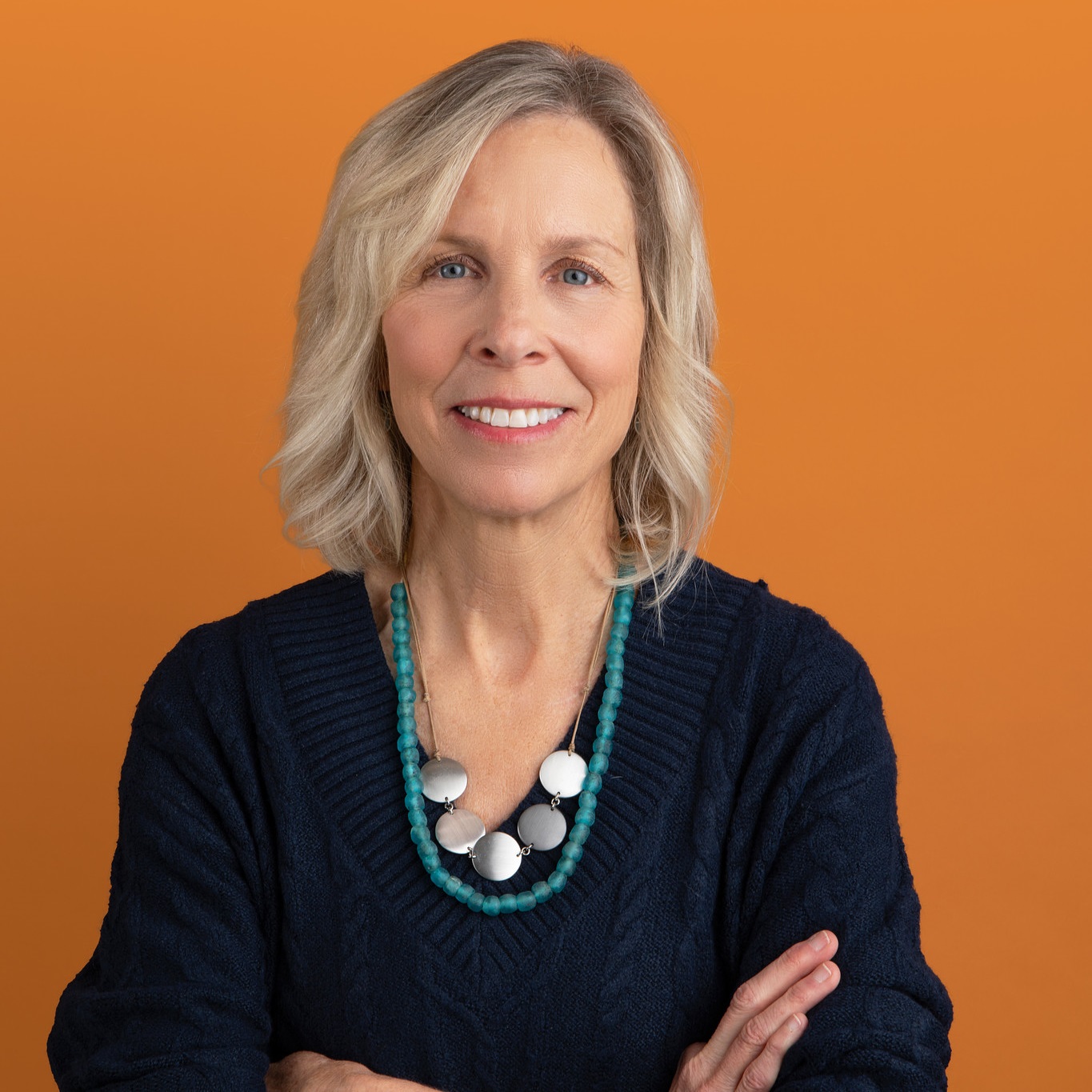
About the Author:
Susan Morrisey (she/her) is the a Principal at SE2, where she leads policy and strategic communications work focused on high-stakes, mission-driven campaigns. For over two decades, she has championed public health campaigns—particularly efforts to reduce tobacco addiction through bold policy change and social marketing. She combines intellectual agility with a commitment to clarity, helping clients translate complex challenges into compelling narratives.


